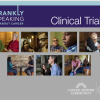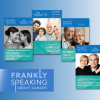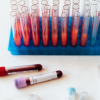
The Role of Telehealth and Tele-Mental Health Services in Advancing Health Equity
As the use of telehealth and tele-mental health services continued to grow during the COVID-19 pandemic, disparities in access and usage also were exposed. Read on to learn more about the role of telehealth in supporting health equity.






